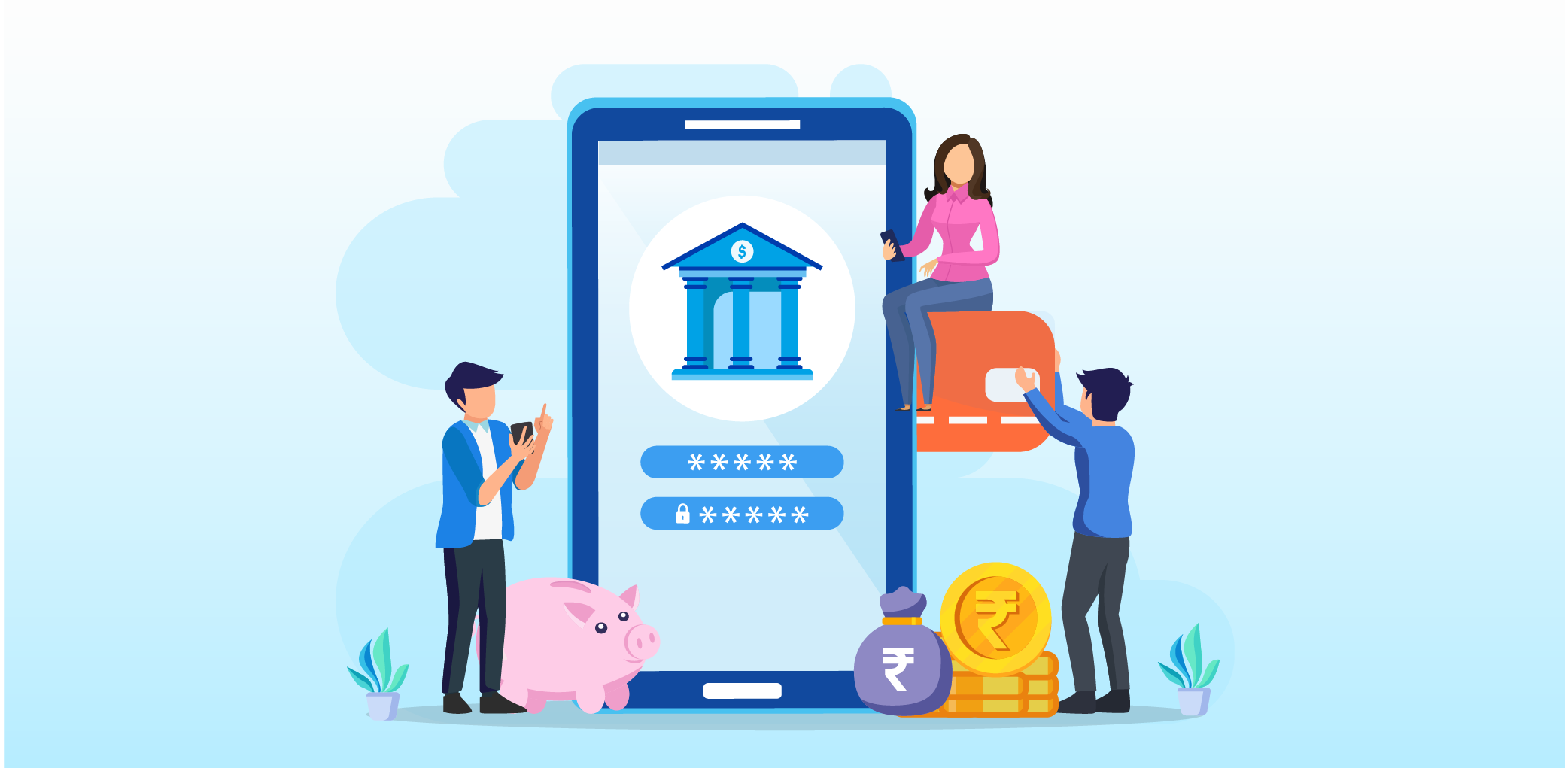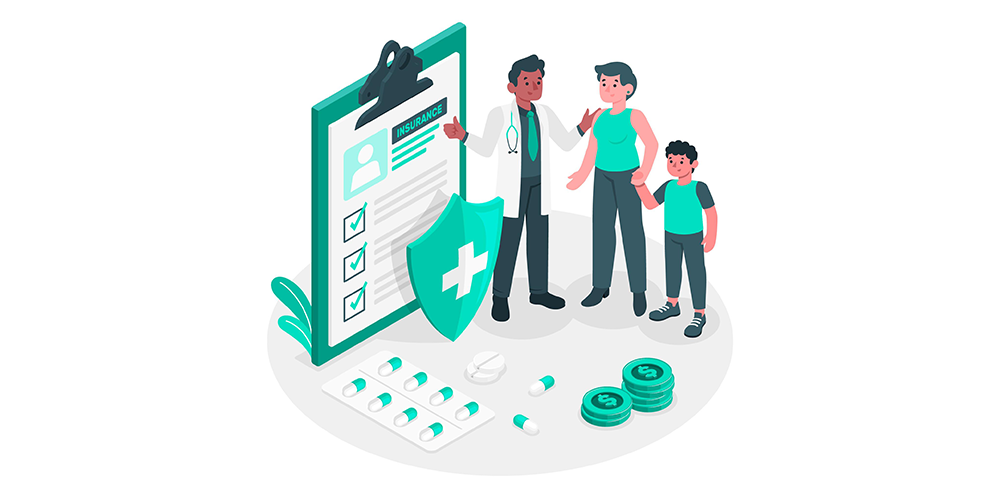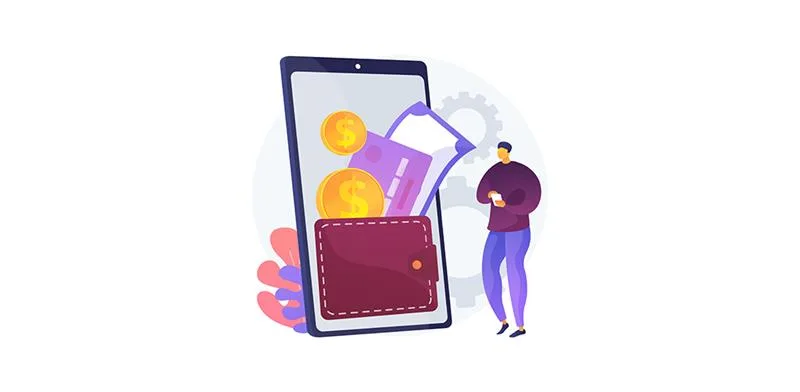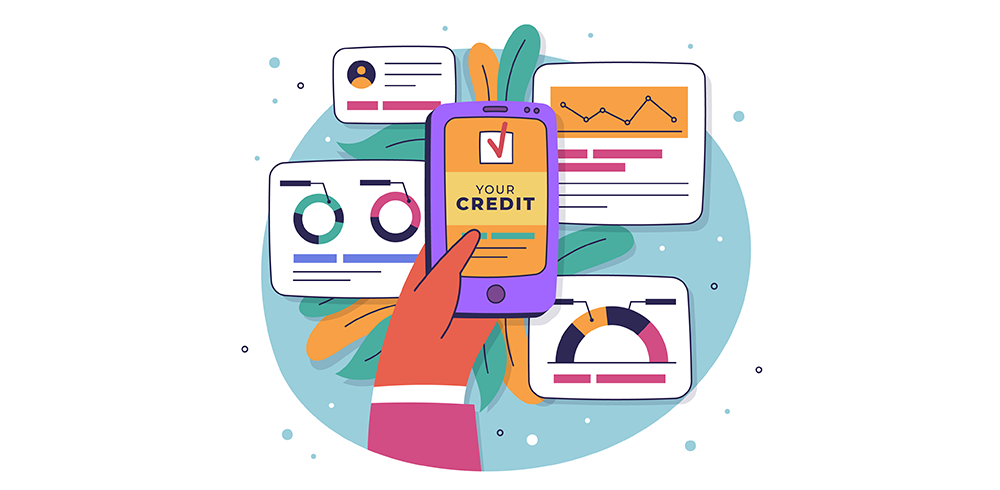When it comes to purchasing consumer durables on debt, we tend to consider using a credit card or availing a consumer durable loan. Both options provide a way to get funds to purchase consumer durables like washing machines, air-conditioners, refrigerators, LED TVs, furniture, microwaves, clothes, etc. You can borrow funds with both options at a specified rate of interest and repay the borrowed amount in easy instalments.
While both options may seem similar, each option comes with its set of pros and cons. In this article, we will discuss about consumer durable loans and credit cards and help you choose the right option for your needs.
Consumer Durable Loans
Consumer durable loans are unsecured personal loans offered by NBFCs like CASHe. With these consumer loans, you can borrow a lump sum amount from the lender at a predetermined rate of interest and repay the amount over a fixed term.
A consumer durable personal loan can be used for the purchase of any goods like electronic appliances, home décor, etc. Since these loans are typically unsecured in nature, you do not need to provide any collateral or security to avail these loans.
While, unlike credit cards, these loans do not provide ongoing access to funds, consumer loan interest rates are usually lower, especially if you have a high credit score.
Pros of Consumer Durable Loans
Can act as a funding source for big-ticket purchases
Usually comes with a lower interest rate as compared to credit cards
Offers the funds in a single lump sum
Payments are fixed and predictable
Cons of Consumer Durable Loans
Usually includes a processing fee and other fees that may add up to the cost
Does not offer additional credit after repayments
Does not offer any reward schemes
Credit Cards

Since credit cards offer revolving credit, you can get ongoing access to funds as per your credit limit. Here, you do not receive the credit amount in full. Instead, you can make purchases using your credit card as you need it only up to the specified credit limit. The interest will be charged only on the funds that you use. So, if you do not use your credit card for any purchases, you will have an open credit card account with no interest due.
Unlike consumer loans, where your monthly instalments are generally the same over the loan tenure, your credit card bill may vary every month as per your monthly spending. The amount due every month will be based on the credit balance and the interest.
You can use your credit card to make purchases at any online or offline retailer. These days, credit cards also offer benefits like zero joining fees, reward points, etc. Your credit limit may also increase over a period of time with regular usage and repayments.
However, you must note that credit cards usually levy a higher rate of interest as compared to consumer loans. Some credit cards may also charge monthly or annual fees.
Pros of Credit Cards
Get ongoing revolving credit balance
Pay interest only when funds are used
Get benefits like reward points and a 0% joining fee
Cons of Credit Cards
The credit card interest rates are usually higher than consumer loan interest rates
Unpaid dues and interest can add up to a cycle of debt
Summing up
If you are looking to make large purchases and intend to pay the amount over a longer duration, availing a consumer durable loan is the best choice for you. However, a credit card is a better choice if you want to make smaller purchases and pay back soon.










